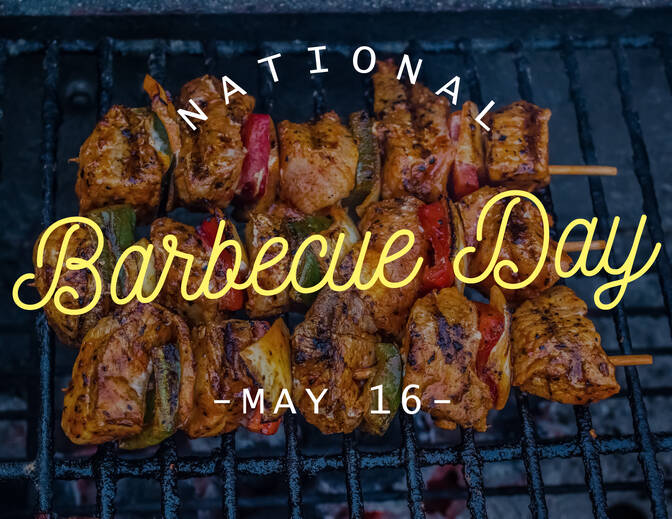Nationaler Grilltag
16. Mai, Samstag

Ursprung und Bedeutung
Die Ursprünge des Nationalen Grilltags sind nicht genau dokumentiert, doch das Grillen selbst hat in den USA eine lange Geschichte. Barbecue ist besonders im Süden der Vereinigten Staaten tief verwurzelt und wird oft mit regionalen Spezialitäten wie Pulled Pork, Rippchen oder Brisket verbunden. Der Tag würdigt diese kulinarische Tradition und die Freude am gemeinsamen Essen im Freien.
Typische Aktivitäten am Nationalen Grilltag
Am Nationalen Grilltag finden viele verschiedene Aktivitäten statt, darunter:
- Grillpartys im Garten oder in Parks
- Wettbewerbe im Grillen oder Räuchern von Fleisch
- Verkostungen verschiedener Barbecue-Saucen und -Stile
- Gemeinsames Essen und Feiern mit Familie und Freunden
- Veranstaltungen und Festivals rund ums Thema Grillen
Beliebte Gerichte
Zu den beliebtesten Speisen, die am Nationalen Grilltag zubereitet werden, gehören:
- Rippchen (Ribs)
- Hamburger und Hotdogs
- Pulled Pork Sandwiches
- Gegrilltes Gemüse
- Maiskolben vom Grill
- Barbecue Chicken
Regionale Unterschiede
In den USA gibt es verschiedene regionale Barbecue-Stile, die sich in der Zubereitung, den verwendeten Saucen und Fleischsorten unterscheiden:
- Texas: Fokus auf Rindfleisch, besonders Brisket, oft mit trockenen Rubs gewürzt
- Carolina: Schweinefleisch dominiert, mit Essig- oder Senf-basierten Saucen
- Kansas City: Bekannt für dicke, süßliche Tomaten-basierte Saucen und eine große Vielfalt an Fleischsorten
- Memphis: Berühmt für Rippchen, entweder „dry“ (mit Gewürzen eingerieben) oder „wet“ (mit Sauce bestrichen)
